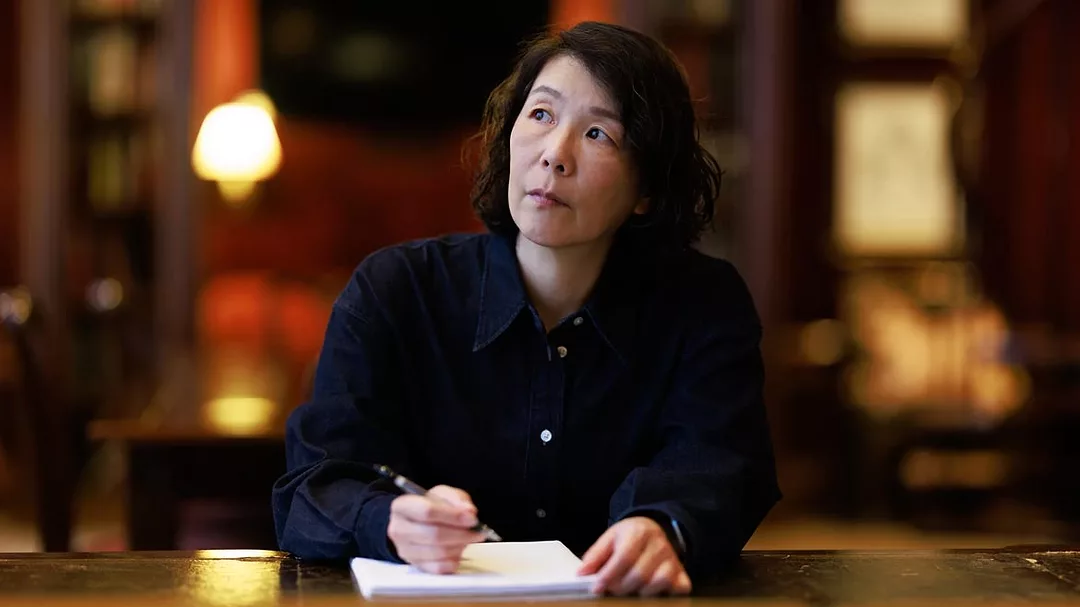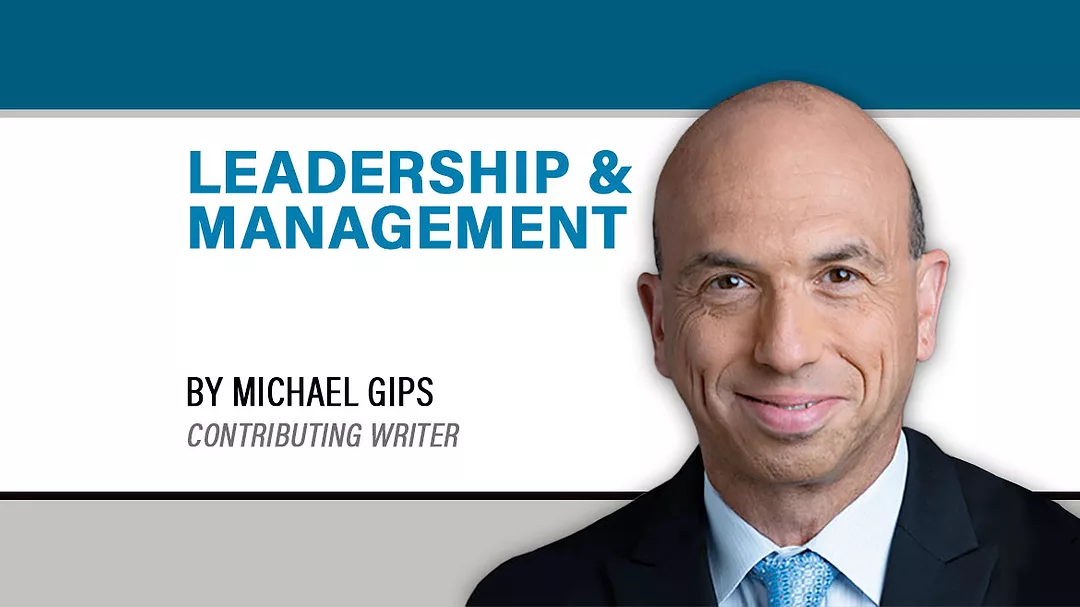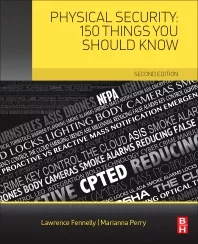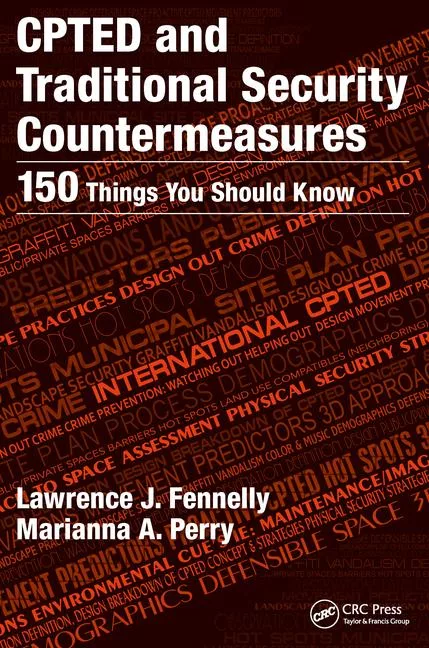Leadership & Management
Should you write a security book?
If you're considering becoming a security author, check out the following factors to consider along the writing journey.

SteveLuker / E+ via Getty Images

In this era of self-publishing, ebooks, gig ghostwriters and publishing on demand, it seems there are maybe 12 people in the security profession who haven’t written a book.
Actually, the vast majority of us haven’t. Are we missing an opportunity? Authorship connotes power, authority, confidence, discipline, credibility and mastery — all elements of leadership.
Is it time for you to publish a book?
There are many factors to consider. You will not make much money, if any. It may actually cost you savings if you hire your own writer, editor or proofreader. You will spend months, maybe years, of late nights, rewrites, last-minute edits, legal reviews and missed deadlines. Sources will become elusive. You may start questioning your thesis or purpose.
When it’s finally published, you will primarily be responsible for its promotion on social media, podcasts, webinars, speaking engagements, public readings, autograph sessions, award submissions and book review requests.
If that doesn’t deter you, consider what you have to say that others would find interesting, not just your spouse and colleagues. Do you have a fresh perspective or approach? Do you have an identifiable voice or persona? Will you break new ground?
Yet the rewards of security authorship can be great: achieving personal satisfaction, ascending into thought leadership, having a tangible leave-behind for current and potential clients and contacts, unlocking creativity, and developing work product that may lead to future consulting gigs, presentations, introductions or even fulltime employment.
If you’ve gotten this far, consider what type of book you would write. To give a sense of the range of possibilities, here are the last several security books that I’ve read (including two I contributed to) and the blurbs describing them:
- Strategic Risk and Crisis Management, by Dr. David Rubens (“Blending practical insights with rigorous research, [it] provides a range of realistic solutions for any operational environment.”)
- The Kindness Games, by Lee Oughton and Tim Wenzel (“[Y]ou’ll learn how to … help people unite their spheres of influence, heal their communities, and change the world by leading with kindness.”)
- Yes, S.I.R., by Chuck Andrews (“Yes, S.I.R., will guide you through Chuck’s proven methods of using strategy, intelligence and relationships to become the ultimate security influencer.”)
- The Handbook of Security, 3rd Edition, edited by Martin Gill (“[P]rovides the most comprehensive analysis of scholarly security debates and issues to date.”)
- The Digital Citizen’s Guide to Cybersecurity, by Antoinette King (“[S]erves as an actionable guide to all things Internet for all ages — walking you through information sharing, your digital footprint, and how to recognize and protect yourself from the most prominent online scams.”)
- Terrorism & the Medical Environment, by Louis R. Mizell, Jr., and E. Reed Smith, Jr., M.D. (“[A]wareness of the tactics, targets and trends discussed … is imperative for all hospital and healthcare employees, first responders, police and military personnel, counterterrorism specialists and laboratory workers.”)
As this brief sample shows, your options as an author include works that serve as a business calling card, textbook, practical guide, primer, lessons-learned exposition, personal reminiscence, inspirational call to action, scholarly study and any combination thereof. Or maybe you have a great spy novel in you. Publishing opportunities come from self-publishing services, academic presses, niche imprints, universities, business management and tech publishing specialists, and more.
If you’re intrigued but not convinced, try contributing a chapter to a book or writing an article that could be expanded into a book. If that stokes your fire, you may be ready.
Reach out to writers and learn their stories and journeys towards and through book authorship. Pick the brains of other security professionals who have been there, or are on the journey, and are generous of spirit, like Mike Howard, Paul Moxness, Alison Wakefield, Carlos Francisco, Katherine Schweit, Paul Timm, Steve Van Till, Brian Allen, Rachelle Loyear, James DeMeo, Suzanna Alsayed, Barbara Nadel, Bob Oatman, Nick Catrantzos, Antonio Gaona, Chris Berg and Kevin Murray.
Write to them. They’ve stared at that first blank page for a long time. If a book is in you, they’ll help you find out.
Looking for a reprint of this article?
From high-res PDFs to custom plaques, order your copy today!








